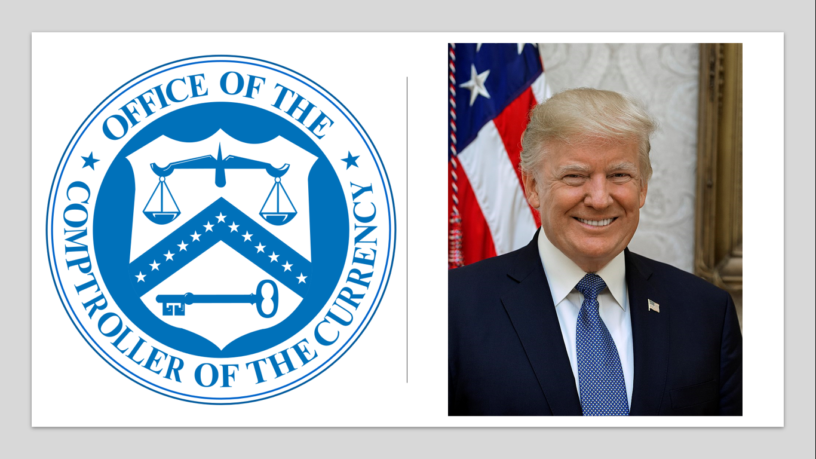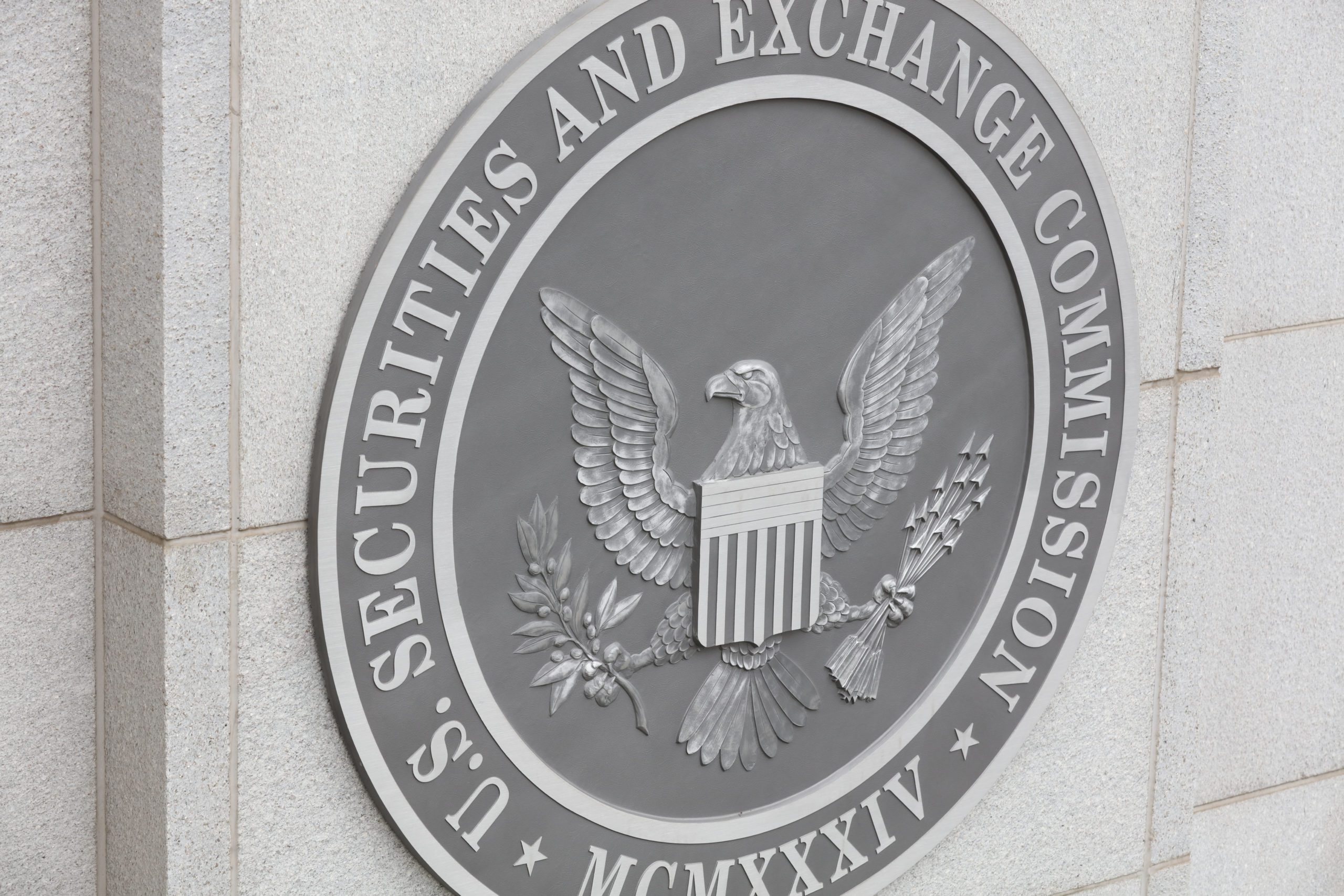By Vish Gain for AMLi
A new Wall Street regulatory proposal that forces banks to lend to unpopular businesses such as oil and firearms may undo Obama-era efforts to fight money laundering.
The plan, devised by the Office of the Comptroller of Currency (OCC) in the US, elected by the Trump administration, requires banks to lend their services to businesses of any industry as long as they pass risk assessments, Bloomberg reports. This includes payday lenders, firearms dealers, escort services, drug sales, oil companies, pornography and online gambling.
This comes just days after US President Donald Trump nominated a new Comptroller, Brian Brooks, for a five-year term. Brooks, who is now acting Comptroller, said on Friday that this move was to undo a “creeping politicisation” of the banking industry that is “very dangerous”.
Such proposals are usually made in conjunction with other US regulatory agencies such as the Federal Reserve and the Federal Deposit Insurance Corp. who weigh in on matters relating to the banking industry.
Republicans have argued that lenders such as Citigroup and Bank of America have discriminated against certain industries unlawfully. They believe that not lending to some legal businesses such as firearms manufacturers is illegal and marks a liberal political influence in the biggest US banks.
“Neither the OCC nor banks are well-equipped to balance risks unrelated to financial exposures and the operations required to deliver financial services,” the proposal’s text reads.
“For example, climate change is a real risk, but so is the risk of foreign wars caused in part by U.S. energy dependence and the risk of blackouts caused by energy shortages.”
Some of these regulations that encouraged banks to move away from certain “high risk” industries were passed by the Justice Department under former President Barack Obama’s rule to fight money laundering.
Interestingly, Brooks has only allowed for a 45-day period for public comments on the proposal, an unusually short period of time. The consultancy period ends just before President-elect Joe Biden is due to take office on January 20 next year. Acting Comptroller Brooks insisted that the agency is independent and has nothing to do with the presidential transition, Bloomberg reported.
While the current Trump administration has appointed Brooks for a period of five years, he can technically be fired by Biden after he comes to power. All he needs to do is state a reason to the Senate, in which neither party has a majority yet.
Ben Cushing, who advocates against the fossil fuel industry for the Sierra Club, told Bloomberg that the idea that banks’ discretion constitutes discrimination is “ludicrous”.
“Contrary to the claims of oil-backed politicians, banks don’t want to finance more drilling in the Arctic, not because of some vast liberal conspiracy, but because it’s bad business.”
The fate of big banks’ lending patterns and the funding of high-risk industries now rests on what ensues after Biden’s installation in January next year.
Share this story on:
Follow us on:








